
Sounds-Write – Information and Support for Parents and Carers
At Dutton Park State School we use a linguistic phonics program called Sounds-Write; an evidence-based program developed in the United Kingdom. Sounds-Write is a highly structured, multi-sensory, incremental and code-oriented, instructional approach to teaching children to spell, read and write. The Sounds-Write program is implemented in the classroom and provides very fast and effective teaching for children at all levels.
Sounds-Write is effective because it starts from what all children know from a very early age – the sounds of their own language. From there, it takes them in carefully sequenced, incremental steps and teaches them how each of the 44 sounds of the English language can be spelt.
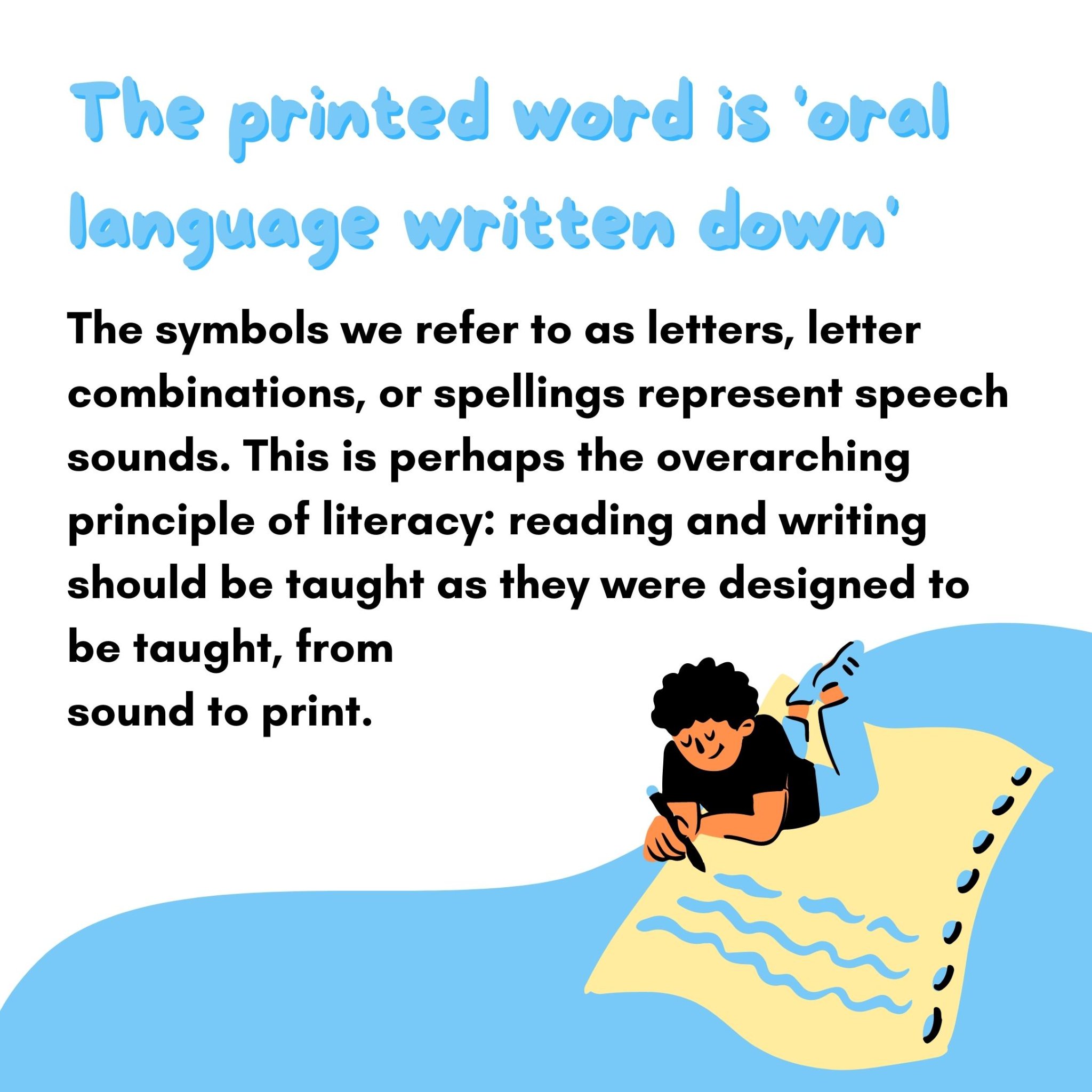
Reading and spelling requires expertise in the following skills:
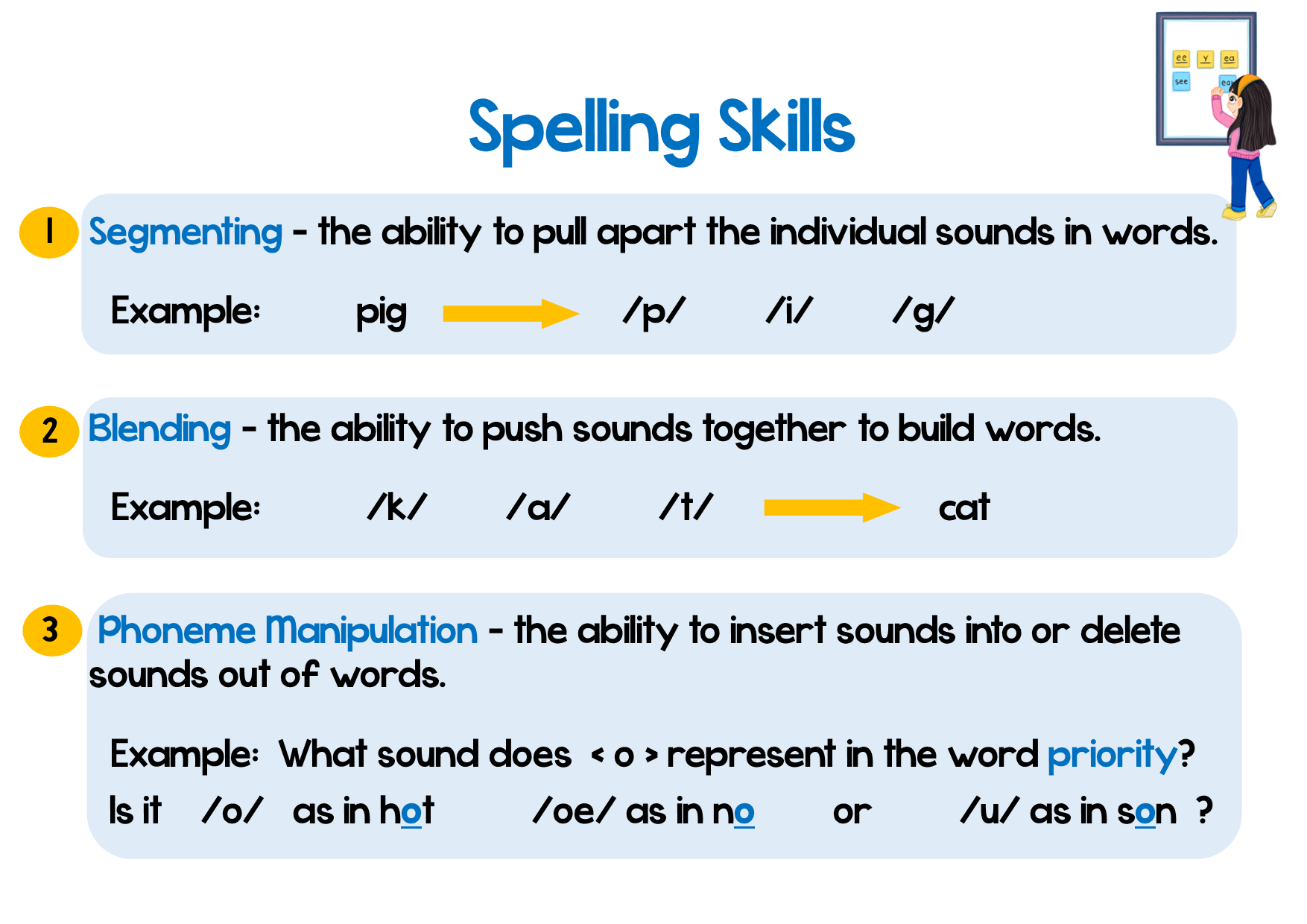
Throughout the Sounds-Write program the words used in the teaching process and the conceptual knowledge of how the alphabetic code works are introduced from simple to complex, in accordance with the fundamental principles of learning theory. Commencing in Prep, the Initial Code begins with simple (one sound, one spelling) CVC words (consonant, vowel, consonant). Students quickly learn to read and spell words such as 'mat', 'dog', 'jam' and 'sit'. When all the single-letter sound-spelling correspondences have been introduced, practised and established, Sounds-Write initiates the concept that sounds can also be spelt with two-letter spellings such as <sh> and <ch>, and from there it builds to teaching three-and four-letter spellings such as <igh> and <ough>. These more complex spellings are introduced through the Extended Code that is taught in Years 1-2 and extended in Years 3-6.
The Sounds-Write approach teaches the conceptual knowledge needed to become an effective reader: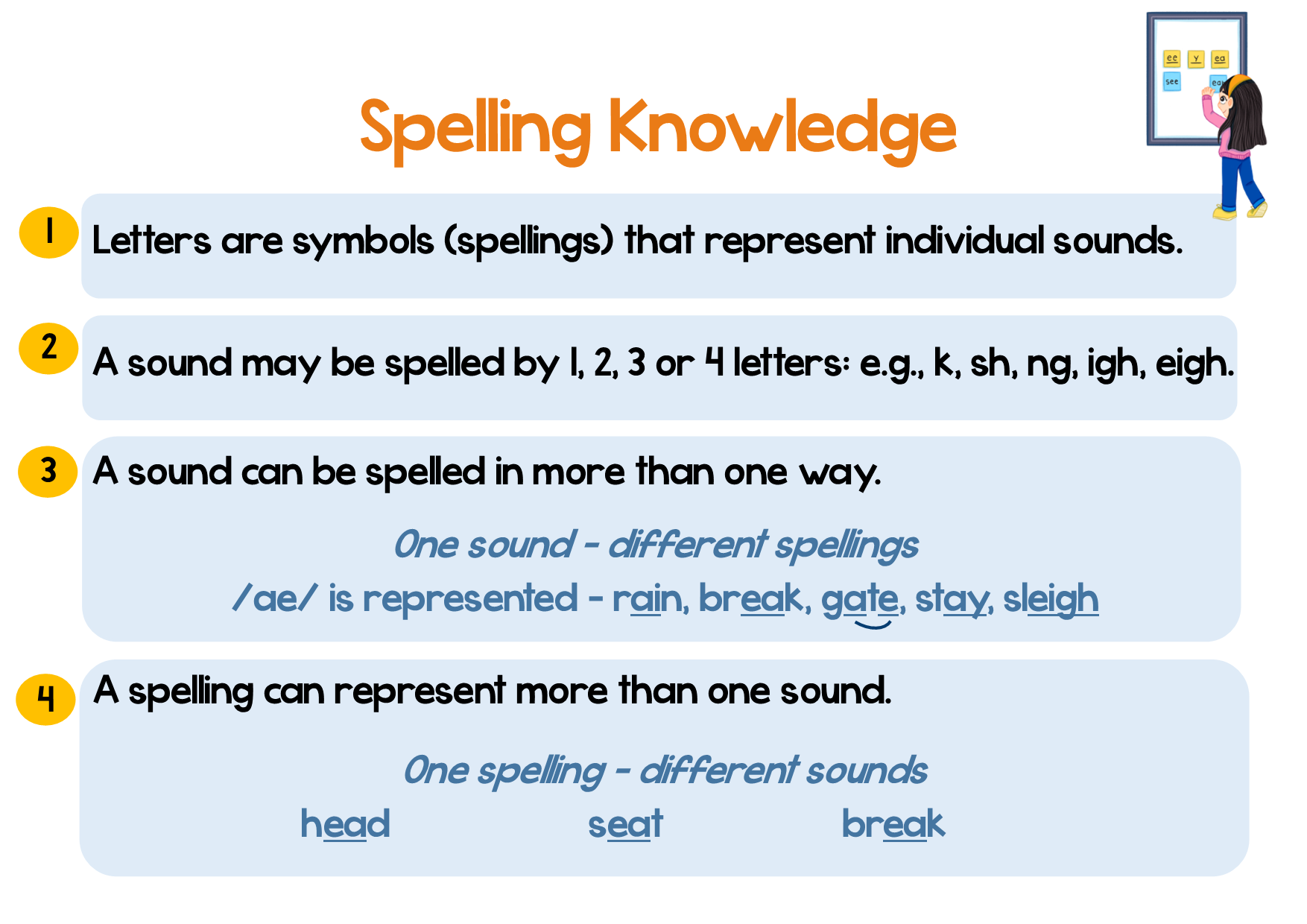
As the program progresses, the complexity of one-syllable words is carefully increased through a variety of VCC, CVCC, CCVC, CCVCC and CCCVC words, such as 'elf', 'hand', 'swim', 'trust' and 'scrub'. It introduces polysyllabic words and develops students' skills and knowledge to analyse, read, and spell them.
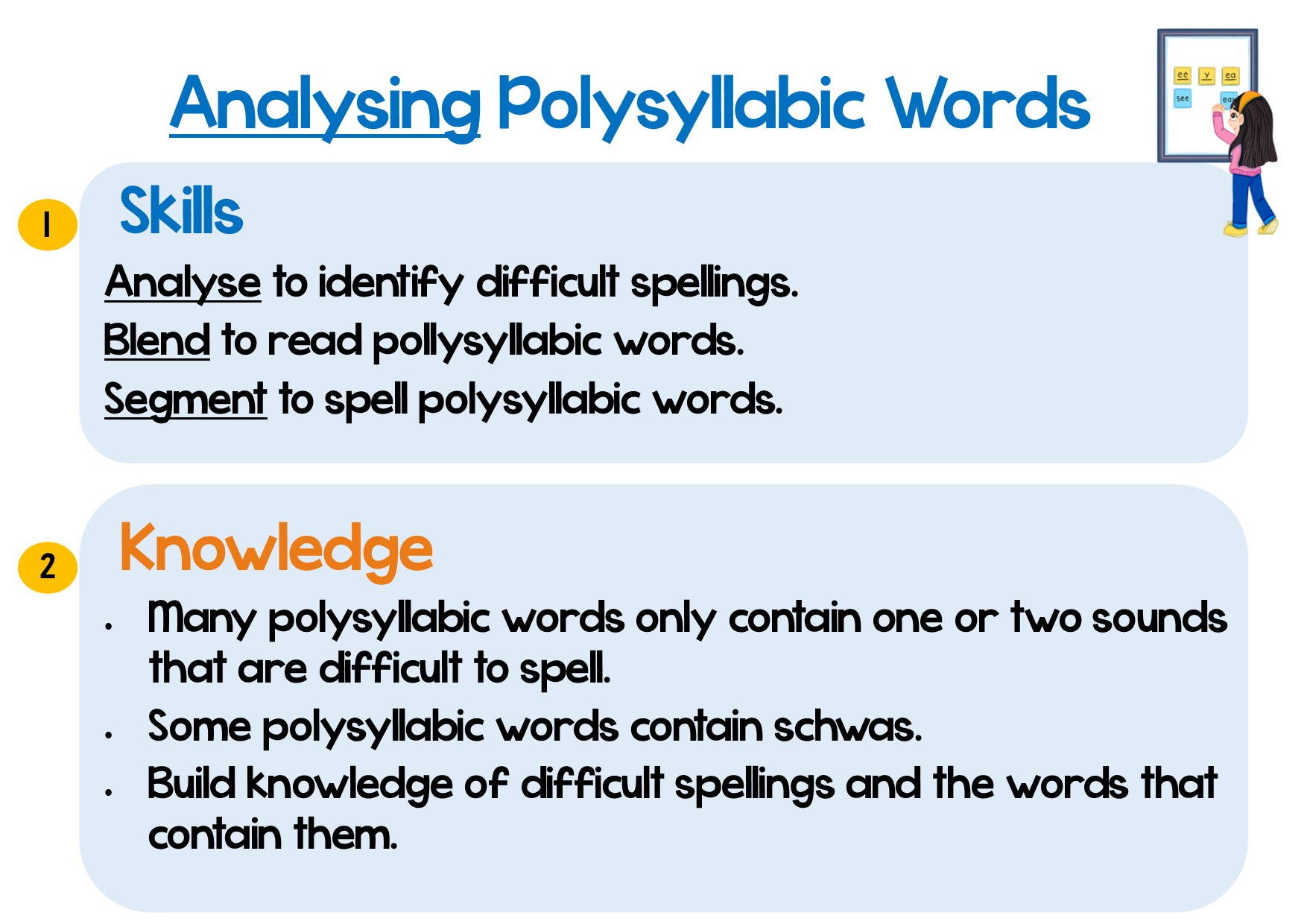
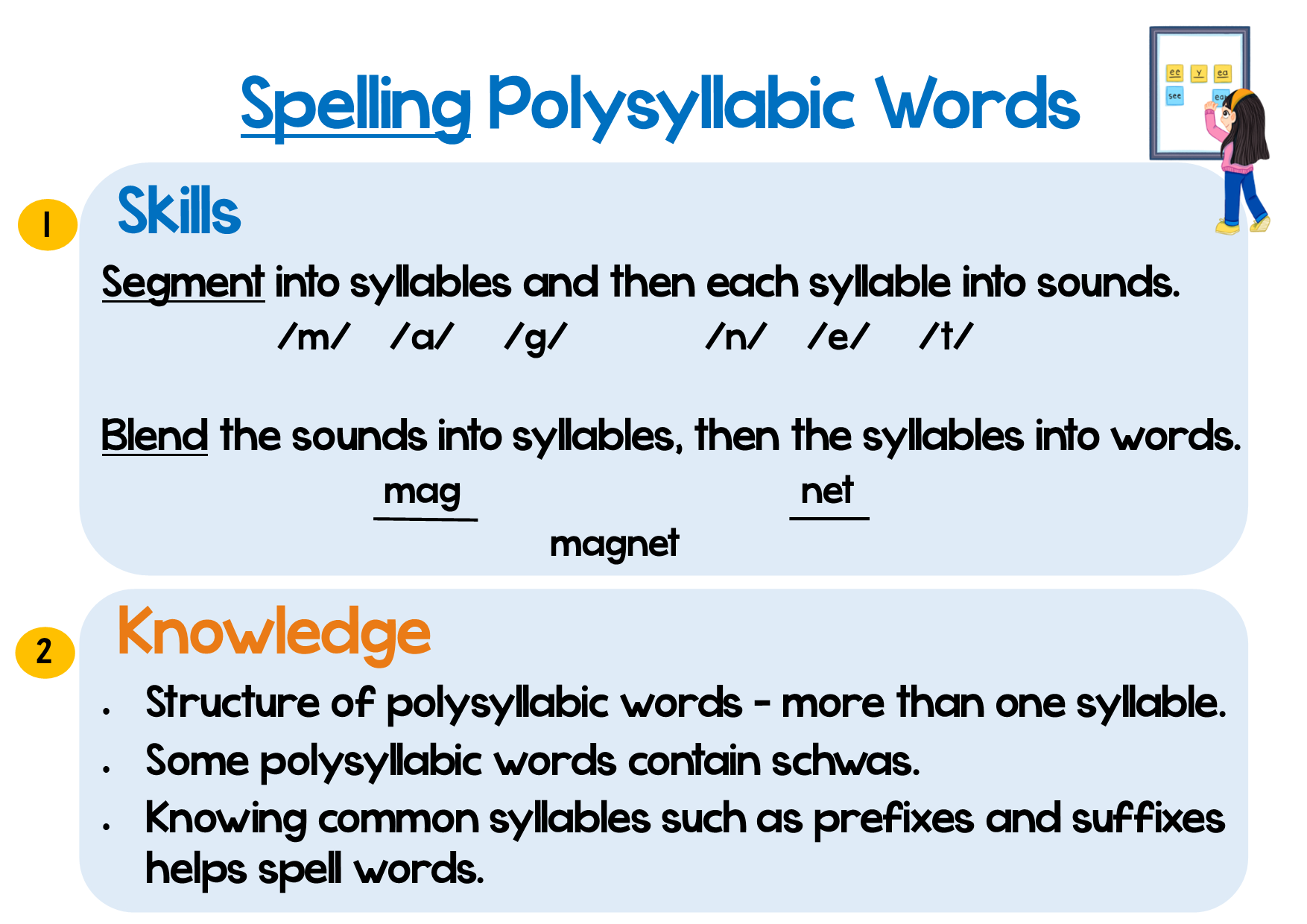
Sounds-Write provides opportunities for practising these skills on an everyday basis until students achieve the automaticity required for fluent reading and spelling. Students achieve reading success with repeated and frequent practice. While they have multiple opportunities within their Sounds-Write lesson to practice their skills, a little extra practice at home always helps.
How can you help your child at home? Sounds-Write resources for parents and carers:
On this webpage Sounds-Write explains it's process, what decodable readers are, and provides a short demonstration video of an adult (John Walker, the founder of Sounds-Write) working with a student to read a decodable book: https://sounds-write.co.uk/decodables-help/?fbclid=IwAR0Jre6Jq8rnsdf97Rd1ba5SMHtFuVOc4P4iyd1tdTXGsholZwORg9TouzY
This video shows Alex saying the sounds of the Sounds-Write Initial Code: https://www.youtube.com/watch?v=a8ZMfYjdN-s
Sounds-Write also provides two free parent courses for those parents who wish to adopt the language and gestures used at school to support their child with their reading at home. Help your child to read and write: https://sounds-write.co.uk/support-for-parents-and-carers/?fbclid=IwAR0SSCq3L1YmNJoHfX5IotXuA2s53yczemtLUHVR-okj_FjbEohxGxbKkNs .
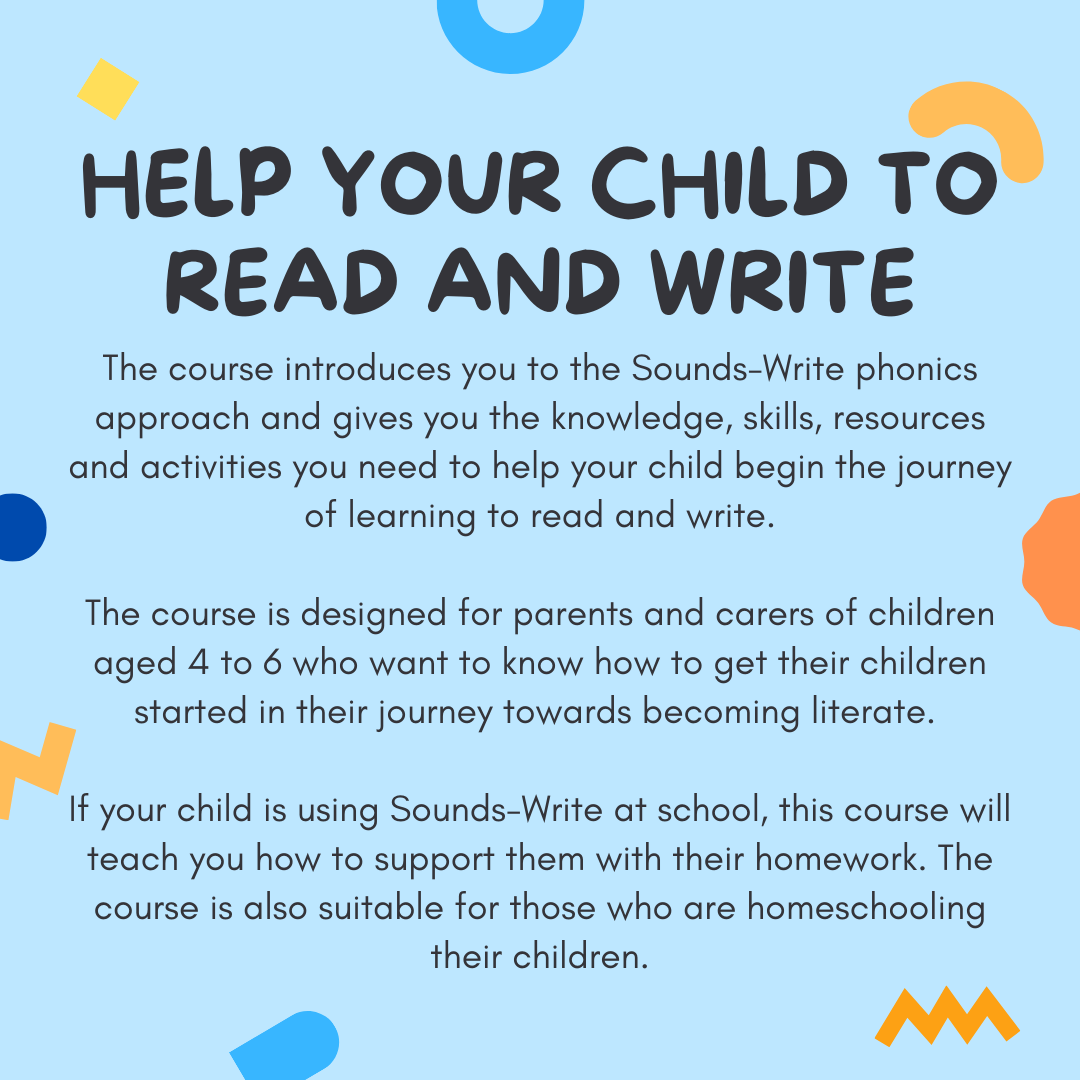
The above webpage also contains links to two free e-book collections of decodable readers:

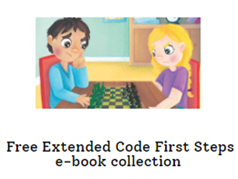
and a link to the free Sounds-Write app: https://apps.apple.com/gb/app/id769196201?affId=1736887
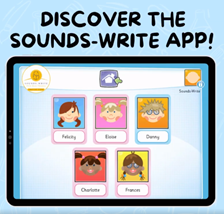
Finally, Sounds-Write also has a podcast: https://sounds-write.co.uk/the-sounds-write-podcast/
We are excited about literacy at Dutton Park State School and we are passionate about Sounds-Write. If you would like more information about how you can assist your child to read and spell, please contact your child's teacher. They can provide advice and resources to further support you.
Sounds-Write Success Story!
Check out the Success Story that has been published on the Sounds-Write website. It acknowledges the instrumental and ongoing support of Dutton Park parents and P&C for which we are incredibly grateful.